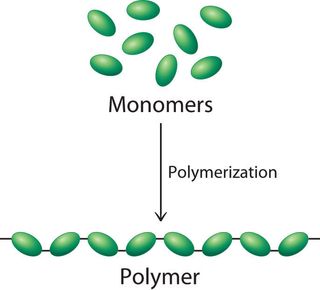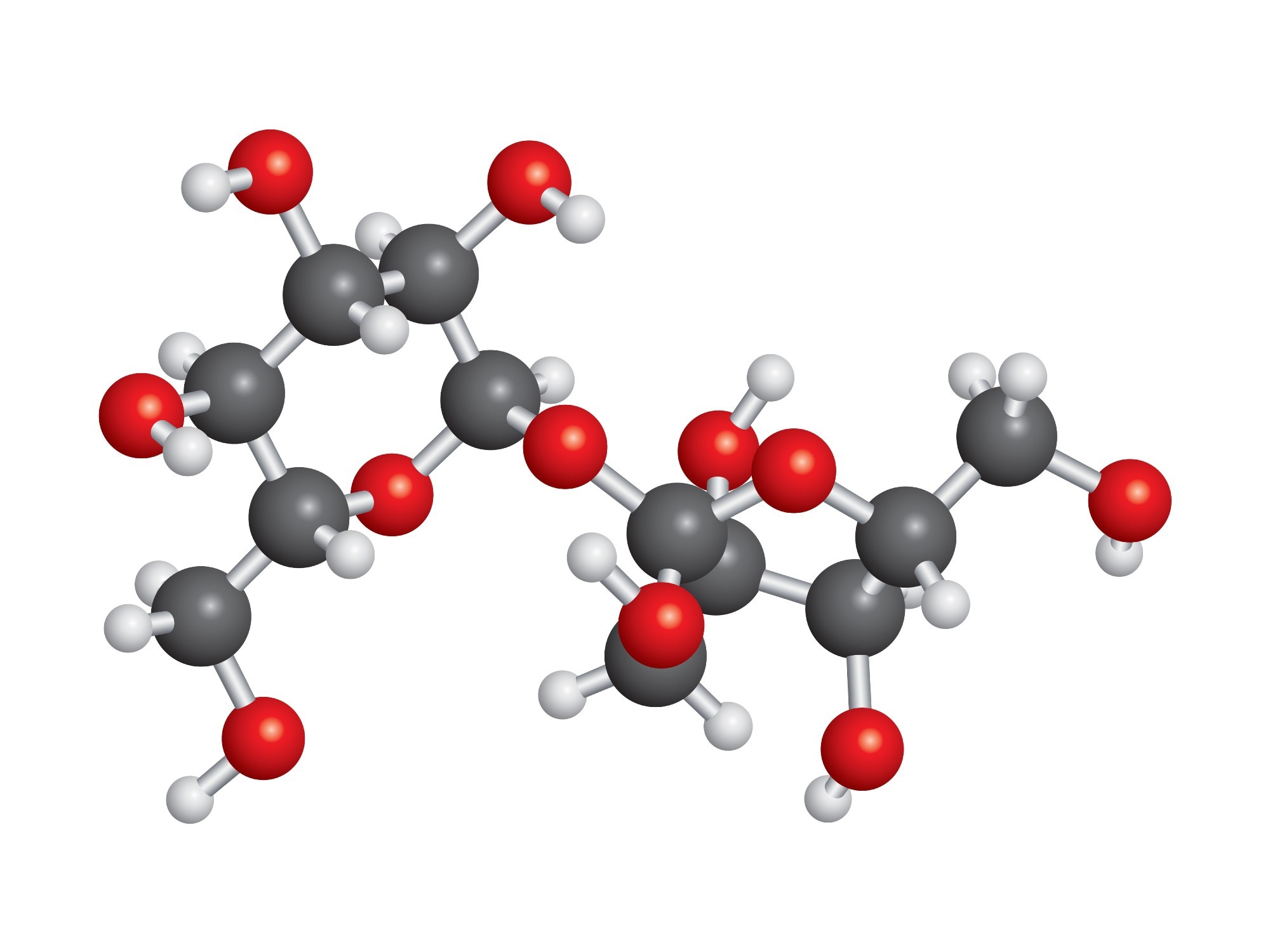Discovering the Varied Applications and Advantages of Polymers in Different Industries
Polymers, with their diverse variety of residential properties and capabilities, have actually become important in different markets, each reaping distinct take advantage of their application. Polymers. From improving safety and performance in the automotive industry to revolutionizing medical tools in the health care sector, polymers play a pivotal duty. Their green nature is changing the landscape of sustainability techniques. As we delve into the midsts of polymers in electronics, we uncover sophisticated technologies, while their architectural integrity transforms the world of building and construction and framework. The pervasive impact of polymers across sectors is a testament to their flexibility and versatility, shaping the future of countless fields.
Automotive Field Applications
Polymers play an essential role in improving the efficiency and toughness of various components within the vehicle sector. These flexible products are extensively used in the production of various parts, varying from indoor components to under-the-hood applications. One famous use polymers in the automotive industry remains in the production of lightweight parts. By replacing standard steel get rid of polymer-based alternatives, lorries can accomplish improved fuel effectiveness without compromising on strength or security.

Health Care Market Benefits
In different health care applications, the benefits of making use of polymers are extensively identified for their varied series of beneficial homes. Polymers play a critical duty in the medical care sector as a result of their convenience, biocompatibility, and cost-effectiveness. Among the key benefits of polymers in health care is their capability to be tailored to particular demands, such as flexibility, resilience, and biodegradability, making them optimal for a large variety of medical applications.
Polymer-based materials are thoroughly made use of in medical devices, such as catheters, implants, prosthetics, and drug delivery systems, as a result of their biocompatibility and capability to imitate natural cells. These materials can reduce the danger of allergies or denials, boosting individual safety and results. Additionally, polymers are light-weight, making them ideal for wearable clinical devices and guaranteeing person comfort.
In addition, polymers enable the growth of ingenious treatment methods, such as hydrogels for tissue engineering and nanocomposites for targeted drug delivery. Their ease of processing and sterilization makes them essential for maintaining high criteria of hygiene in healthcare setups. On the whole, the diverse benefits of polymers add substantially to improvements in clinical modern technology and individual care.
Environmental Advantages of Polymers

Furthermore, polymers can add to power cost savings because of their lightweight nature. In sectors such as transportation, lightweight polymer products can help in reducing fuel usage and greenhouse gas discharges. Additionally, polymers can enable the growth of energy-efficient items such as insulation products that boost power preservation in structures.
In addition, polymers play a crucial role in reducing water pollution. The usage of polymer-based filtering systems can successfully eliminate pollutants and contaminants from wastewater, guarding water sources and environments. In general, the environmental advantages of polymers make them beneficial possessions in promoting sustainability and environmentally friendly practices throughout different industries.
Polymers in Electronic Devices and Modern Technology
Thinking about the enhancing need for ingenious and sustainable remedies in contemporary markets, the integration of innovative polymer innovations in the world of electronic devices and technology has actually become a crucial method for driving efficiency and efficiency. Polymers have changed the electronics market by making it possible for the production of lighter, much more flexible, and sturdy digital gadgets. From mobile phones to clinical gadgets, polymers play an important role in improving item style and capability.
One considerable benefit of polymers in electronics is their shielding homes, which help safeguard fragile electronic elements from ecological elements and electric disturbance. Additionally, polymers are necessary in the development of versatile display screens, wearable modern technology, and published electronic devices, using endless opportunities for producing clever and interconnected devices.
Moreover, using polymers in digital packaging has caused improvements in Continue miniaturization and thermal management, improving the general efficiency and integrity of digital systems. As modern technology remains to evolve, the flexibility and versatility of polymers will undoubtedly drive further development in the electronics market, forming the future of modern technology.
Duty of Polymers in Construction and Framework
The integration of sophisticated polymer materials in building and construction and infrastructure projects has revolutionized the way structures are created and constructed in contemporary times. Polymers provide many advantages in the building market due to their versatility, sturdiness, and cost-effectiveness. One essential role of polymers in construction is their use in coatings and sealers, giving security against environmental factors such as dampness, UV radiation, and deterioration. Furthermore, polymers are utilized in the manufacturing of light-weight and high-strength composite materials, enhancing view website the architectural honesty of buildings while decreasing overall weight.
Furthermore, polymers play a critical duty in sustainable building practices by allowing the advancement of energy-efficient structures. Insulating products made from polymers aid control interior temperatures, reducing the requirement for heating and cooling down systems and ultimately reducing power usage. In addition, making use of polymer-based compounds in facilities tasks such as bridges and roadways improves their durability and reduces maintenance costs. Generally, the unification of polymers in building and infrastructure displays their considerable influence on modern-day design techniques.
Conclusion
In conclusion, polymers play an important duty in numerous sectors such as auto, medical care, ecological, electronic devices, and construction. Their versatile residential properties make them beneficial in developing cutting-edge remedies and items. From boosting gas performance in automobiles to improving clinical gadgets, polymers provide various advantages. Additionally, their influence on reducing waste and promoting sustainability highlights their relevance in modern-day applications. The prevalent usage of polymers demonstrates their significant payment to progressing innovation and enhancing lifestyle.